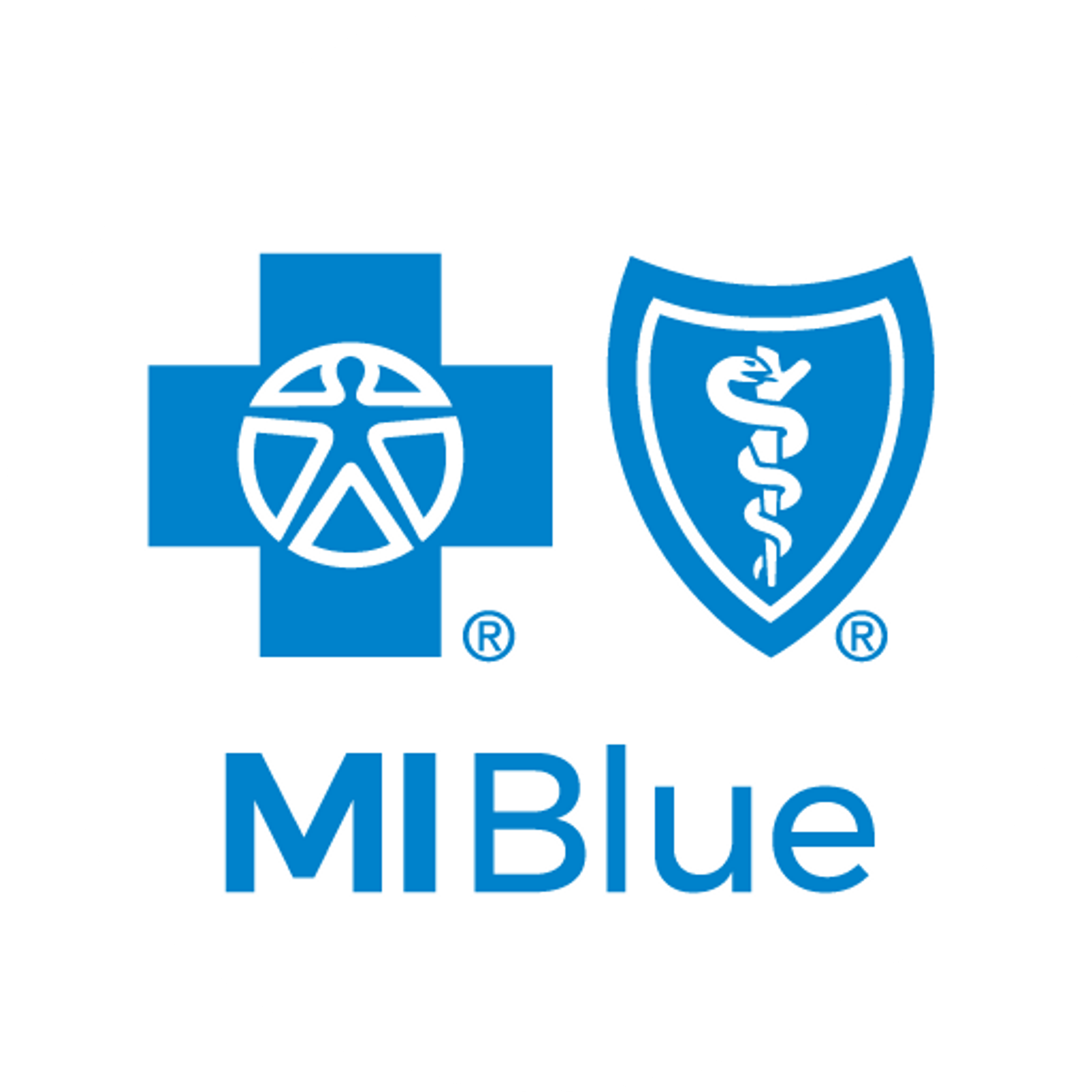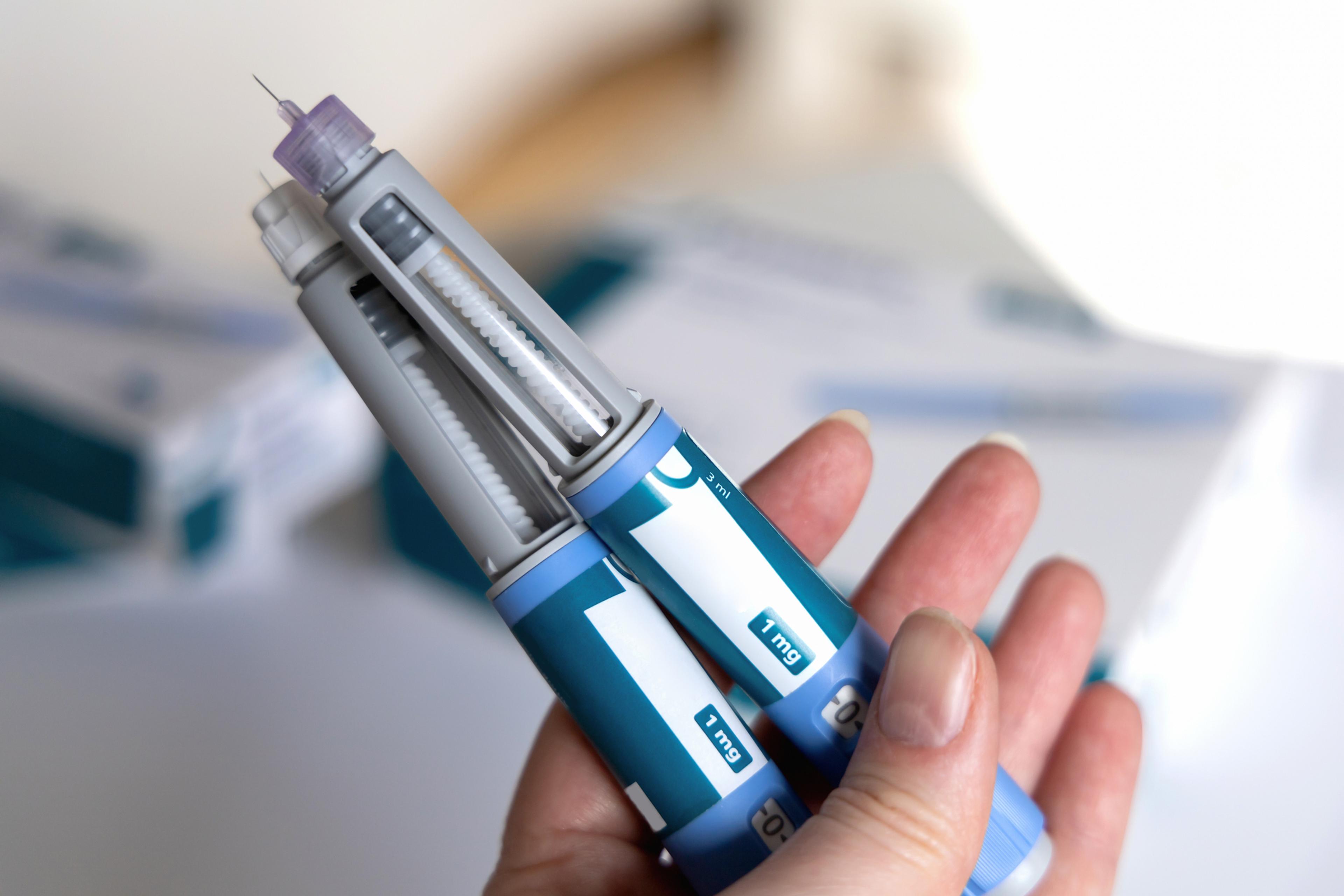
When it comes to prescriptions, medication adherence is a simple yet life-saving action. In general, it refers to a patient’s ability to properly follow their provider’s instructions. That includes how much, how often, and how long a patient should take their medication. Prescription directions are established for the benefit of each patient. This not only ensures the medication works properly, but it also lowers the risk of potential side effects. Despite the importance of medication adherence, however, approximately 50% of filled prescriptions are not taken as prescribed, including forgetting to take them. This significantly increases the risk of complications, medication side effects and may even increase the patient's out-of-pocket cost.
- Side effects: It’s important for providers and patients to discuss how prescribed medication may cause side effects. Depending on the drug, the effects can range from mild to severe and include dizziness, nausea, vomiting, as well as low or high blood pressure. Skipping or forgetting doses can increase the risk of some side effects.
- Financial burden: Prescription medications can be expensive. Your provider may be able to share alternative prescription medications that are more affordable after reviewing your medication formulary. Review health plan benefits since your pharmacy choice may impact medication cost, and never assume that a discount card is cheaper. Often, your medications are cheaper if you use your insurance card. Even simply switching to a 90-day supply of your medication may offer a cost savings.
- Forgetfulness: If it’s not built into the day, it can be easy for forget to take medications. It helps to make it a part of your daily routine. Like brushing your teeth or washing your face, the action should become automatic. A common tool is a pill dispenser or pill box. It’s an easy and affordable way to manage both frequency and dosage. Also, don’t forget to mark your calendar. Whether it’s on your smartphone, refrigerator or wall, it's good to have a visual reminder. Some may set an alarm to ensure medication is taken at the same time, every day. Forgetfulness can also apply to refilling your medication at the pharmacy. Enrolling in auto-refill can help ease the burden of remembering when it's time to refill your prescription.
Taking medications as directed can keep patients healthy and out of the hospital. It may be hard in the beginning, but as patients continue the routine, it can become as easy as counting "1-2-3". Some people actively disregard instructions, while others genuinely forget. Overall, talk to your provider to make sure you have a clear understanding of its usage and desired effect of the medication. If cost is a concern and you’re not sure where to start or what to do, ask your healthcare provider for guidance. If you found this blog interesting, be sure to check out:
- Beware the Dangers of Keeping Unused Prescriptions
- OTC vs Prescription Medications: Do You Know the Difference
- Five Things Blue Cross is Doing to Keep Health Care Affordable
Photo credit: SDI Productions






